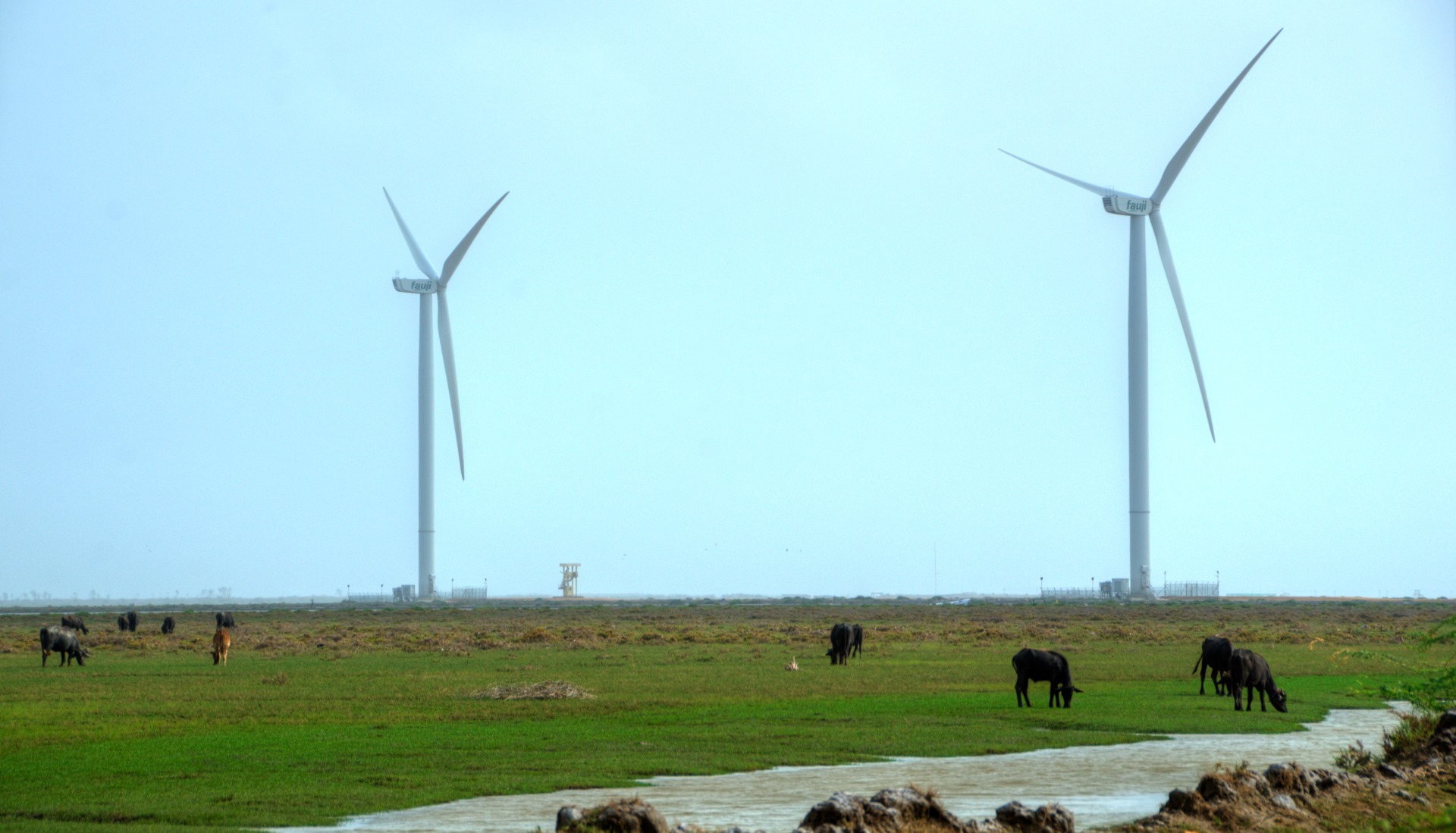One Step Forward, Two Steps Back
Terminal energy deficiency in Pakistan.
On the global scale, Pakistan falls in the bottom 25% in terms of energy performance – an Energy Trilemma Index developed by WEC reflecting a country’s outlook in three areas: energy security, energy equity, and environmental sustainability.
According to International Energy Agency (IEA), the total energy supply (renewable and non-renewable) in Pakistan increased by 143% between 2010 and 2021. During the same period, net energy imports grew by a whopping 210%. The electricity sector alone relied heavily on imported power, seeing an 185% import growth since 2010.
Data from the World Energy Council (WEC) reflects that Pakistan’s energy security did not show any notable improvement from 2010-2023. These unfortunate facts indicate that the apparent increase in energy supply over the past decade was neither self-sufficient nor did it help the energy-deprived people of Pakistan.
The country is facing a polycrisis leading to unprecedented degrees of failures on all levels.
This doesn’t come as a surprise because, despite haphazard deployment of renewables, Pakistan hasn’t seen any results. University of Oxford’s Our World in Data shows that the country’s carbon intensity (kilograms of CO₂ per kilowatt-hour) is about the same as it was a decade ago, indicating that the country emits same levels of CO₂ from energy production now as it did ten years ago. Simultaneously, the country’s overall modern renewable contribution in energy has declined from 8.2% to 7.1% between 2010-2021.
These energy and electricity problems are not piling up for Pakistan in a silo; the country is facing a polycrisis leading to unprecedented degrees of failures on all levels. For starters, national inflation was at an unhinged rate of 30% in 2023. In South Asia, average inflation was 7.1% and the entire low and middle-income world was standing at 6.1%. Since 2021, power prices in Pakistan increased by 155% as the government tried to meet International Monetary Fund loan conditions.
Adding fuel to the fire, in 2023 electricity customers were forced to pay roughly Rs1 trillion in unaccounted capacity payments to independent power producers (IPPs) in take-or-pay-like power purchase agreements (PPAs). For context, the country’s annual budget (2023-2024) was about Rs14 trillion (US$50 billion). According to the National Electric Power Regulatory Authority (NEPRA), these capacity payments are expected to go up to Rs2.8 trillion in the current fiscal cycle.
While there is an oversupply of power in the country, grid reliability and resilience are non-existent but over 70% of power bills still go to these IPP payments.
The most frustrating part is that while there is an oversupply of power in the country, grid reliability and resilience are non-existent but over 70% of power bills still go to these IPP payments. It is common knowledge that more than half of these IPPs have direct or indirect ties to the current political regime, so all the money is being circulated among a handful of strong political and business families.
Due to these burdens, electricity theft has increased, resulting in even bigger burdens while the crumbling transmission and distribution (T&D) infrastructure doesn’t help the situation. To raise money, the government is tightening tax nets on the salaried class while poverty rate reached an alarming 40% in 2023.
It goes without saying that capacity contracts are a reasonable way of ensuring grid security and reliability. However, these payments are to be made based on reasonable predictions of peak load and capacity margins to actual operating power plants through competitive auctions, which is not happening in Pakistan.
While total installed capacity in the country is well above its peak load, in 2024, the government gave away free money (Rs150 billion per month) to (it’s self-owned) non-operational power plants, without any accountability. With about 60% adult literacy rate (below most of its South Asia neighbors averaging at 74%), it is obvious to everyone in Pakistan that these payments are being made fraudulently.

Some of the ways to tackle this predicament is auditing IPPs, publishing tentative demand curves and reasonable capacity margins that would put a cap on subsequent capacity payments, and restructuring electricity tariff, something that the government would not allow to happen.
In the name of resilience and self-sufficiency, the government made a spiritless attempt to promote clean energy (e.g. solar). In 2023, Pakistan became the third biggest importer of Chinese solar panels. However, that also turned out to be serving a different purpose as big companies (many owned by politicians) were revealed to be using it for money laundering.
Most of these imported panels are being used for private rooftop solar by financially stable families anyway while the disadvantaged are left at the mercy of the macro-grid, and the cycle of misery continues.
In a country facing countless existential catastrophes, raving about renewables is like holding a candle to the sun.
In a country facing countless existential catastrophes, raving about renewables is like holding a candle to the sun. Reducing poverty, controlling inflation, investing in human capital and healthcare, cutting down circular debt, growing businesses, and redesigning the national energy policy are far more urgent matters.
Nothing, including renewables, can solve Pakistan’s embarrassing self-created energy crisis unless the bottomless pit of overt corruption is filled with accountability.